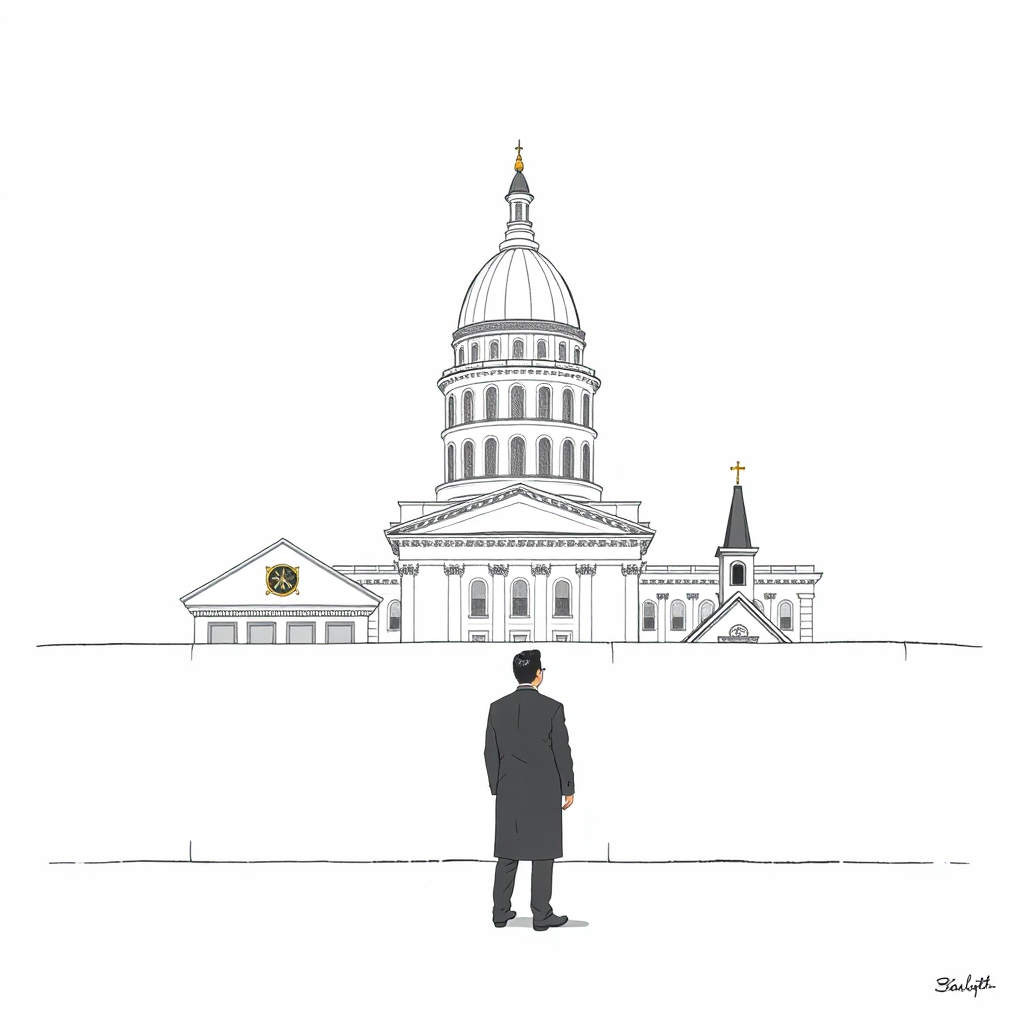Barrett’s Move Blocks Religious Charter School Funding

The Supreme Court effectively blocked the establishment of Oklahoma’s first religiously affiliated public charter school after Justice Amy Coney Barrett recused herself from the case, preventing a potential 4-4 tie that could have favored its approval. The decision upholds a ruling by the Oklahoma Supreme Court which found the proposed St. Isidore of Seville Catholic Virtual School violated both federal and state constitutional provisions regarding the separation of church and state.
Without Barrett’s vote, the evenly divided court did not issue a formal written opinion, letting the Oklahoma court’s decision stand. Speculation surrounding Barrett’s recusal centers on her known close relationship with Nicole Stelle Garnett, a Notre Dame Law School professor who advised the school during its initial planning stages.
Analysts widely anticipated Barrett, a conservative and devout justice, would have sided with the school, potentially opening the door to publicly funded religious education. The lack of a majority vote effectively ends the legal battle for St. Isidore, at least for now. This outcome is significant, as it reinforces the principle that public funds should not directly support religious institutions, a cornerstone of American constitutional law. While proponents of school choice may view this as a setback, the decision protects the vital separation of church and state, preventing potential conflicts and ensuring inclusivity within the public education system. The case highlights the ongoing tension between religious freedom and the Establishment Clause, and it’s likely similar challenges will emerge in other states as the debate over school choice continues.